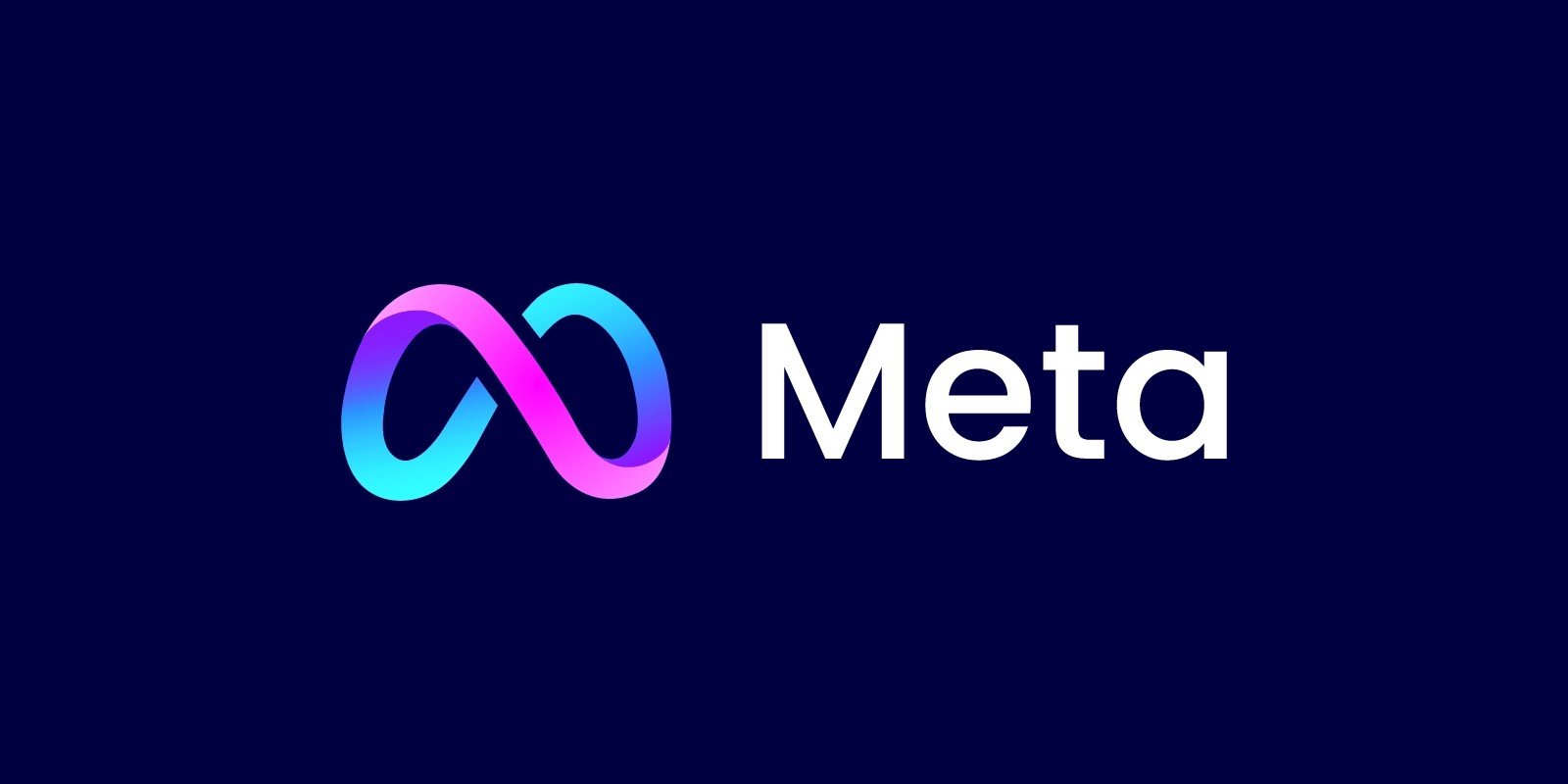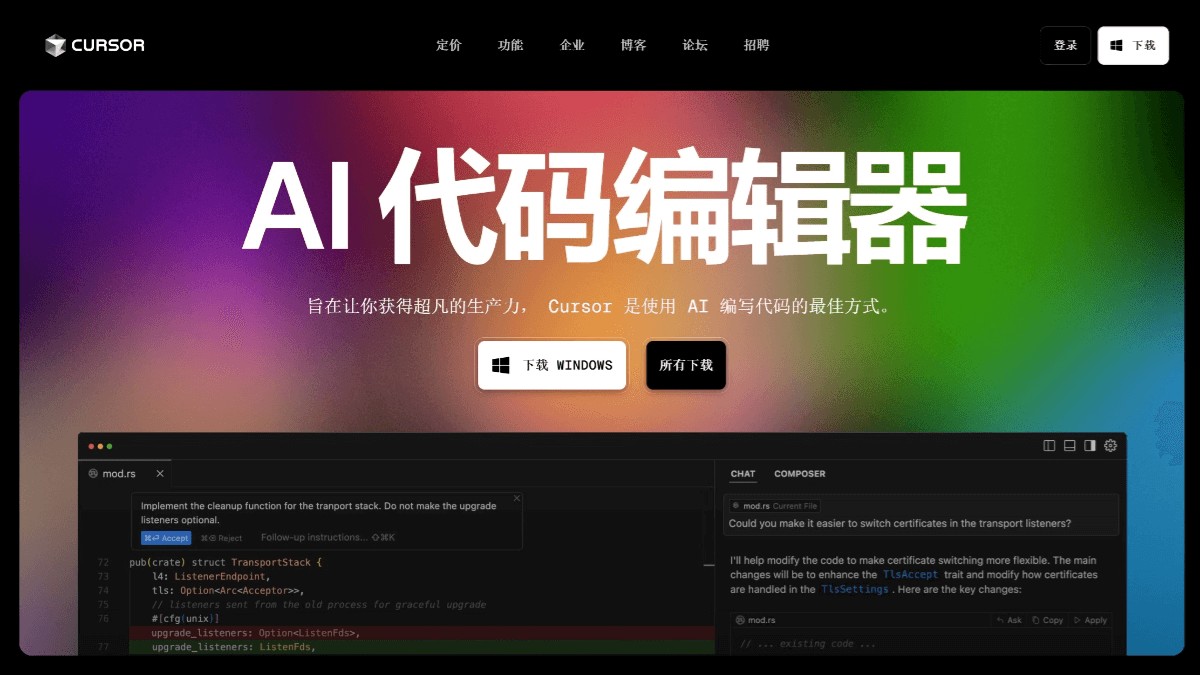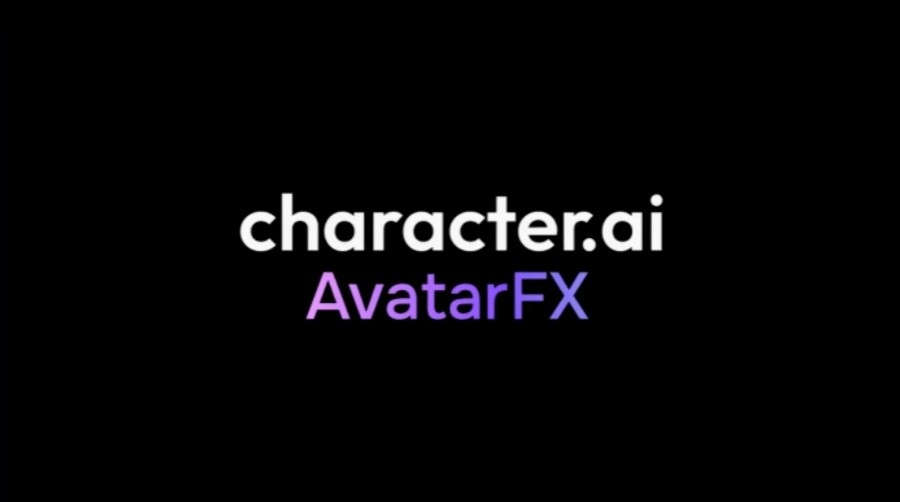
Meta recently announced that it will introduce a large number of virtual characters generated by artificial intelligence to its Facebook platform. These characters will have personal profiles, avatars, and the ability to generate and share content, and interact with the platform like real users. Connor Hayes, Meta’s vice president of product, revealed that AI characters are expected to gradually become more popular in the future, attracting more users to participate.
Meta's AI studio has launched this virtual character creation function, allowing users to create their own unique AI characters through the platform and interact with them. Currently, hundreds of thousands of AI characters have appeared on the platform, and the number of participants in this feature has reached tens of thousands. Meta said that in the next two years, AI Studio will promote this feature in more countries so that more users around the world can experience this innovation.
In addition to ordinary users, influencers on social platforms can also create their own AI versions to communicate with fans. Many platforms have also launched similar functions to meet the new needs of content creators for interaction and creation.
However, rolling out these AI characters also brings new security challenges. In recent years, similar chatbots have repeatedly breached content supervision on social platforms, leading to frequent incidents of underage users being exposed to inappropriate content. In addition, the spread of false information is an increasingly serious problem. If Meta's AI role lacks effective supervision, it may intensify the spread of rumors and misinformation, bringing huge risks to the platform.
Becky Owen, former head of Meta's creator innovation team and now chief marketing officer at Billion Dollar Boy, expressed concern. She believes that unlike real creators, AI characters lack real life experiences, emotions and relativity, which can affect the quality of their interactions with users and pose a potential threat to the creators' work.
Although the AI character function launched by Meta can increase the interactivity and activity of the platform, the potential security risks it may bring and its impact on content creators still require widespread attention.



